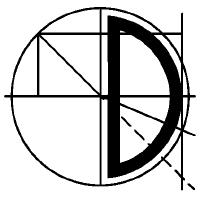Abstract
Experimental analysis of computer systems' power consumption has become an integral part of system performance evaluation, efficiency management, and model-based analysis. As with all measurements, repeatability and reproducibility of power measurements is a major challenge. Nominally identical systems can have different power consumption running the same workload under otherwise identical conditions. This behavior can also be observed for individual system components. Specifically, CPU power consumption can vary amongst different samples of nominally identical CPUs. This in turn has a significant impact on the overall system power, considering that a system's processor is the largest and most dynamic power consumer of the overall system. The concrete impact of CPU sample power variations is unknown, as comprehensive studies about differences in power consumption for nominally identical systems are currently missing. We address this lack of studies by conducting measurements on four different processor types from two different architectures. For each of these types, we compare up to 30 physical processor samples with a total sum of 90 samples over all processor types. We analyze the variations in power consumption for the different samples using six different workloads over five load levels. Additionally, we analyze how these variations change for different processor core counts and architectures. The results of this paper show that selection of a processor sample can have a statistically significant impact on power consumption. With no correlation to performance, power consumption for nominally identical processors can differ as much as 29.6\% in idle and 19.5\% at full load. We also show that these variations change over different architectures and processor types.


